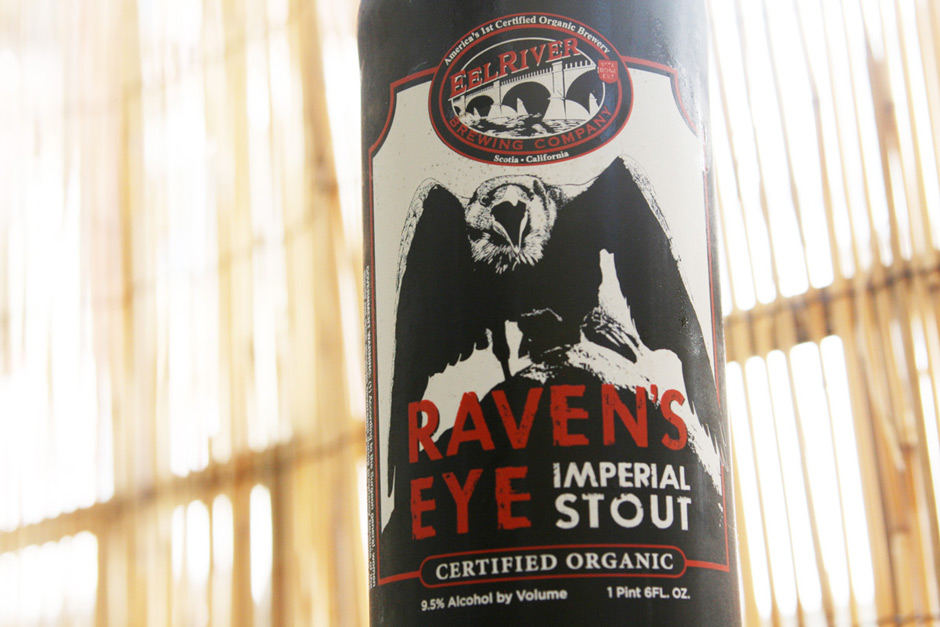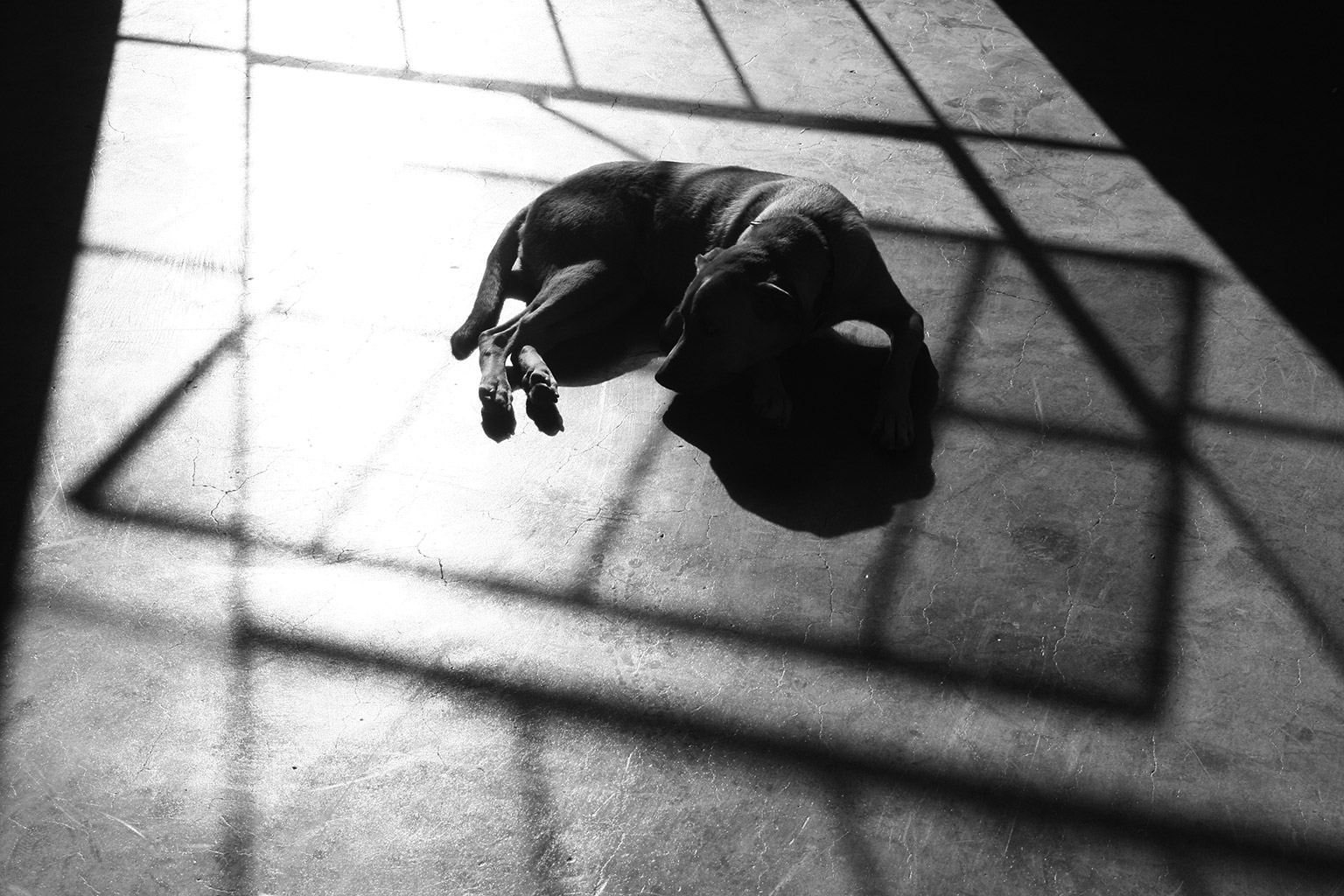For many of us, whether we like it or not, our professional careers often seep into our everyday lives. It makes sense—you have a background in a given specialty, train yourself in it, and then have that trade dominate your thinking for 40 or so hours in a week, it understandably and—some would say—rightly changes how you view things outside of those designated work hours.
We’re no different, Reader. Case in point—it is really tough for us, as consumers, to support via commerce companies that put a poorly designed product out there on store shelves. Call us snobby if you like, but, in my mind, it’s more a matter of pride in the work we do + value in it—if a client isn’t going to take their brand seriously, why should I take their product seriously or think that they care about what they’re producing.
Clearly this isn’t always the case—I know there’s many an old-school crafter out there who stands by the theory that it doesn’t matter what’s on the outside, it’s what’s inside that counts, and I get that. They’re mostly right. But I also think that it’s important to tell consumers who you are and what you’re offering them away; ideally with some beautifully designed packaging/labeling.
And yes, this extends, for us, to the purchasing of libations. We have many wines or beers or liquors that we know we like, regardless of labeling, but, when choosing a new, unknown one, more often than not we go by the look of the bottle and what they say, if anything, about their product—the story they tell. It’s important to us and we think it should be important to them.
By way of example, we give you two birds of a feather, as it were—Eel River‘s Raven’s Eye organic imperial stout from Scoita, California + a Spanish rosé from winery pablo claro. Both are well-designed and animal-friendly, no less.
What’s that? You didn’t know beers + wines could not be animal-friendly? Alright, well, don’t freak out, but often manufacturers use things like egg or fish byproduct in the processing or filtration. I know—ew, right? Luckily, back in 2002 or so, two booze-loving vegan Canadians started Barnivore, an online, user-supported directory of beers, wines, and liquor with information on their varying degrees of animal-friendliness. As they put it:
“Brewmasters, winemakers, and distillers may include animal ingredients in their products directly, or they might use them in the processing and filtration. When making the product, dairy, honey, and other things (including, in one case, a whole chicken dropped in the tank) are ingredients in the final recipe. When filtering the drinks prior to bottling, companies can use things like isinglass (from fish bladder,) gelatin, egg whites, and sea shells, among other things. These products grab onto the impurities and make it easier to catch them in the filters, though there are many animal-free alternatives in use. These ingredients don’t usually show up on the label, so the only way to find out is to ask.”
Co-founders Jason + Angela don’t take the daunting/impossible task of asking every single manufacturer of beer, wine, and liquor on themselves though; they instead inform users on how best to reach out to companies to find out whether or not their products are animal-friendly. For instance, with Eel River’s entry on Barnivore, you can see that two separate users contacted the company and you can view the company’s response yourself—”We do not use any animal based products in our beer at all.
And Spanish winery pablo claro was actual checked by us a while back (because we liked their label). It’s easy.
So, next time you’re wondering, “Hmmmm, does this beer have fish bladder in it?”, just search for the company/product on Barnivore and, if you don’t find what you’re looking for, reach out to them yourselves—here’s how.
Cheers, Reader!



